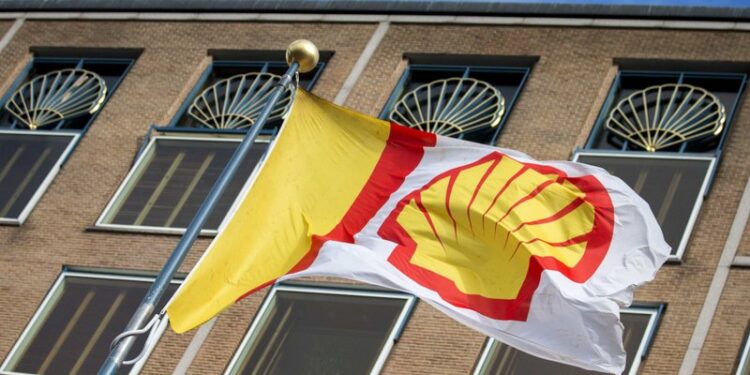.
By Emmanuel Bagudu
A group of women in the Niger-Delta led by a civil society organization; the Kebetkache Women Development & Resource Centre, have opposed the ongoing plan by multinational oil giant, Shell Petroleum Development Company (SPDC) Limited to sell its on-shore assets to Renaissance Africa Energy.
In a press statement made available to elanzanews.ng on Thursday, the women expressed their displeasure saying it is an “Irresponsible Divestment”. The statement reads;
“The Kebetkache Women Development & Resource Centre and their allied community-based women organizations express profound dismay at the announcement by Shell to sell off their on-shore assets to investors without conducting necessary consultations with communities that have endured decades of environmental destruction from their operations. It has come to our attention that plans are ongoing by Shell PLC to sell their shares in Shell Petroleum Development Company (SPDC) to a consortium of investors, Renaissance Africa Energy. OML 34 had already been divested to ND Western; OML 17 and OML 29 have been divested without proper guidelines. Additionally, Nigeria Agip Oil Company (NAOC), Exxon Mobil Nigeria Limited, and Total Energy Nigeria Limited, are poised to divest all their onshore assets without engaging host communities and rectifying the damages done to the environment and the well-being of peoples. They are attempting to evade responsibility!
As affected women in the Niger Delta, we are deeply concerned about the swift nature of these divestment plans, as the government has not provided guidelines to ensure the resolution of pollution issues before SPDC, AGIP, and Total Energies depart. The corporations involved have failed to establish women development funds to support those who have borne the consequences of their oil extraction activities.
In the Niger Delta, women bear the brunt of oil exploitation, facing deprivations due to environmental degradation. They play vital roles in securing the family’s subsistence income through agricultural activities, processing farm produce, and engaging in trade. The ecological degradation caused by oil extraction forces women to navigate polluted swamps for their economic activities, leading to a decline in crop yields and increased poverty.
We, the women, are in the dark regarding the reputations of the new companies acquiring the assets of Shell, AGIP, and Exxon Mobil. We implore the government, whom we hold in high esteem, not to approve the divestment plans until polluted farmlands are cleaned up and restored by these companies. Gas flares persist in Ebocha, Ibeno, Umuechem, and other areas, with communities like Otuabagi still grappling with the impacts of oil extraction. Farming, fishing, and hunting have been severely affected, leading to health problems among women exposed to hydrocarbons.
This divestment is not in the interest of the community people, and we condemn the attempt by International Oil Corporations to shirk responsibility under the guise of selling assets. We call on the President of the Federal Republic of Nigeria to ensure NO DIVESTMENT WITHOUT ECOSYSTEM RESTORATION!
The government must mandate companies divesting their oil assets to commit to cleaning all polluted sites in the Niger Delta and restoring lost livelihood opportunities. We vehemently reject IRRESPONSIBLE DIVESTMENT and demand that the Rivers State Governor obtains a court injunction to halt the sale of any assets related to this matter.











